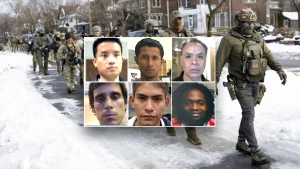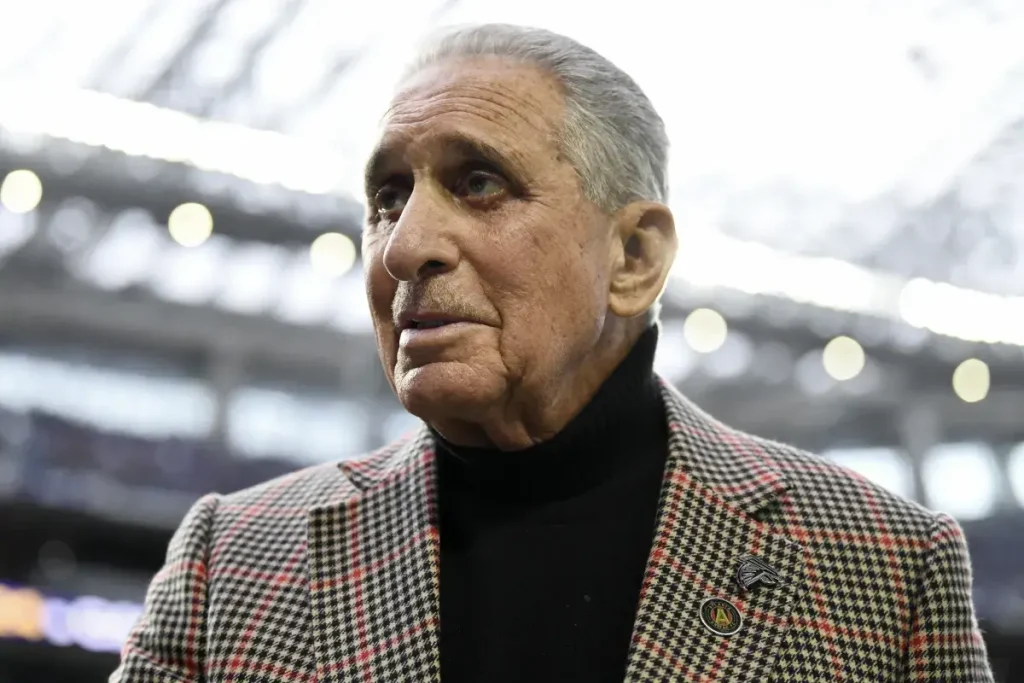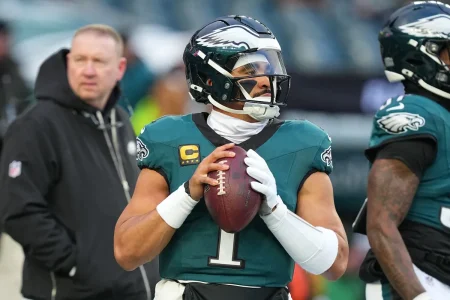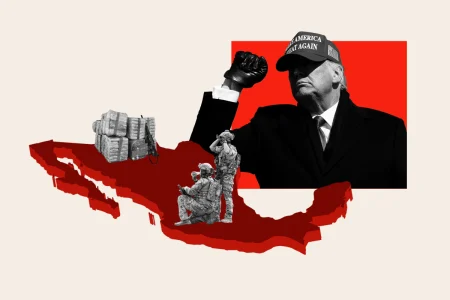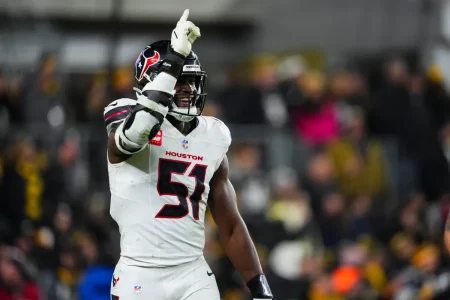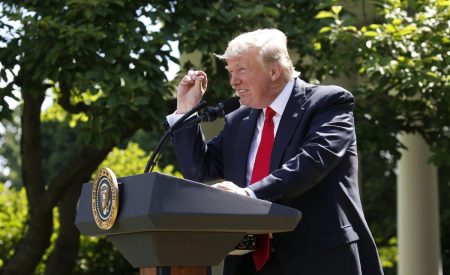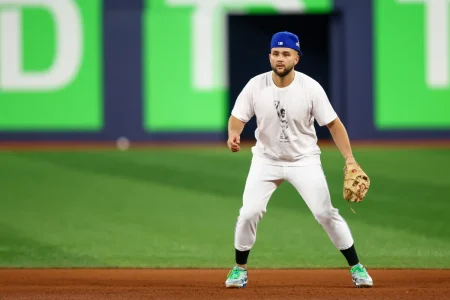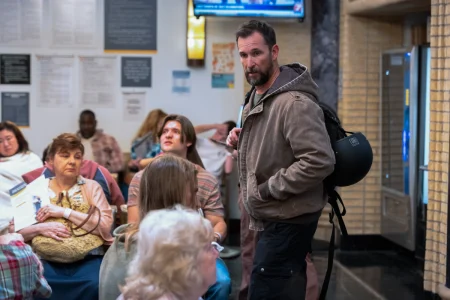Humanity Amidst Hurricane Melissa’s Devastation: Arthur Blank’s $2.5 Million Relief Donation
Hurricane Melissa has carved a destructive path through the Caribbean this week, bringing catastrophic damage to Jamaica before moving on to Cuba and the Bahamas. As a Category 5 storm, Melissa unleashed the full spectrum of hurricane horrors—violent winds tearing through buildings, torrential rainfall flooding communities, and storm surges swallowing coastal areas. The hurricane made landfall on Tuesday morning, leaving countless families without electricity, clean water, or basic necessities. The timing feels particularly cruel, as this devastating storm arrived near the end of what had been a relatively quiet 2025 hurricane season, catching many communities unprepared for such an intense disaster.
In the wake of this tragedy, remarkable acts of generosity have begun to emerge, with Atlanta Falcons owner Arthur Blank leading the humanitarian response. Through his charitable organization, the Arthur M. Blank Family Foundation, he has committed an extraordinary $2.5 million to support relief efforts in Jamaica and surrounding affected areas. This substantial contribution was highlighted by NFL Insider Adam Schefter, who shared the news on social media Wednesday morning, bringing attention to both the urgent needs of hurricane victims and Blank’s significant response. The donation comes at a critical moment when immediate resources are desperately needed for emergency services, temporary shelter, food distribution, and the long road to recovery that lies ahead.
The footage emerging from Hurricane Melissa’s path reveals a heartbreaking reality for Caribbean residents who have watched their homes, businesses, and communities torn apart by nature’s fury. Videos show palm trees bent horizontally by ferocious winds, streets transformed into rushing rivers, and buildings reduced to scattered debris. For the people of Jamaica especially, who bore the initial brunt of Melissa’s wrath, the devastation represents not just a physical crisis but an emotional and economic one as well. Tourism—a vital economic pillar for Caribbean nations—will likely suffer significant setbacks, compounding the challenges facing these communities as they attempt to rebuild their lives and livelihoods in the storm’s aftermath.
Arthur Blank’s philanthropic response reflects a different side of a man most Americans know primarily through his business endeavors and sports ownership. Many football fans remember him as the Falcons owner who stood on the sidelines during his team’s infamous Super Bowl LI collapse, watching as a commanding lead dissolved into a heartbreaking defeat against the New England Patriots. Beyond football, Blank co-founded Home Depot, revolutionizing the home improvement retail industry before stepping away from his active role with the company in 2001. Throughout his career, however, Blank has maintained a consistent commitment to giving back, establishing his family foundation as a vehicle for meaningful philanthropy that addresses critical social needs and responds to emergencies like Hurricane Melissa.
This $2.5 million contribution exemplifies the vital role that private philanthropy can play in disaster response, often delivering aid more quickly than government agencies hampered by bureaucracy. The donation will likely support immediate needs such as emergency shelter, clean water distribution, medical care for the injured, and food supplies for displaced families. As reconstruction begins in the coming weeks and months, such funds will also help rebuild critical infrastructure, restore power systems, and provide the building materials necessary for communities to recover. For hurricane victims who have lost everything, this support offers not just practical assistance but also a profound message that they haven’t been forgotten by the wider world.
As Hurricane Melissa continues its destructive journey, questions naturally arise about whether other wealthy individuals and organizations will follow Blank’s example. The NFL community includes numerous team owners with resources comparable to Blank’s, not to mention the league itself, which has historically participated in disaster relief efforts. Beyond sports, corporate America’s response to this Caribbean crisis will be closely watched, particularly from companies that do business in the region or have Caribbean connections. While one generous donation cannot address all the needs created by such extensive destruction, it sets a powerful precedent and creates momentum that may inspire others to contribute to the massive recovery effort that lies ahead. For now, Arthur Blank’s swift and substantial commitment stands as a reminder that in our darkest moments, human compassion and generosity can provide crucial light and hope for those facing unimaginable challenges.


